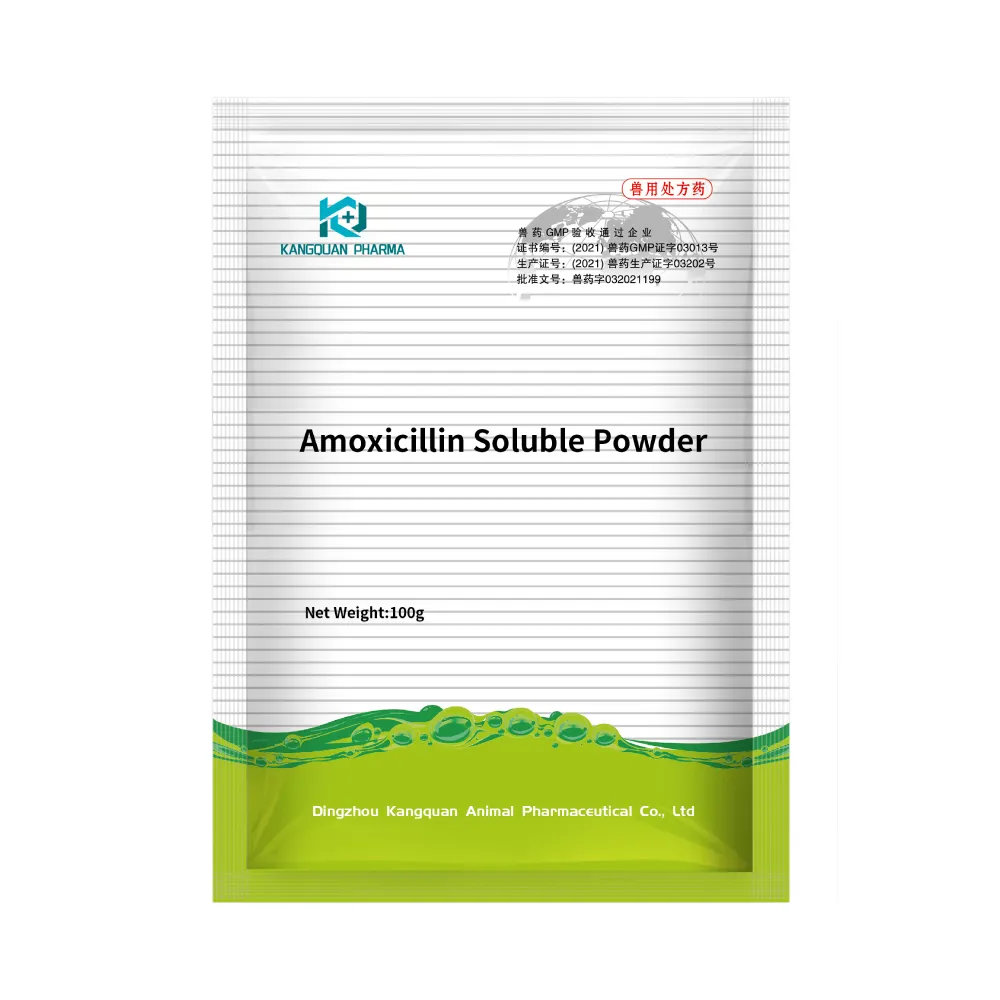- Afrikaans
- Albanian
- Amharic
- Arabic
- Armenian
- Azerbaijani
- Basque
- Belarusian
- Bengali
- Bosnian
- Bulgarian
- Catalan
- Cebuano
- Corsican
- Croatian
- Czech
- Danish
- Dutch
- English
- Esperanto
- Estonian
- Finnish
- French
- Frisian
- Galician
- Georgian
- German
- Greek
- Gujarati
- Haitian Creole
- hausa
- hawaiian
- Hebrew
- Hindi
- Miao
- Hungarian
- Icelandic
- igbo
- Indonesian
- irish
- Italian
- Japanese
- Javanese
- Kannada
- kazakh
- Khmer
- Rwandese
- Korean
- Kurdish
- Kyrgyz
- Lao
- Latin
- Latvian
- Lithuanian
- Luxembourgish
- Macedonian
- Malgashi
- Malay
- Malayalam
- Maltese
- Maori
- Marathi
- Mongolian
- Myanmar
- Nepali
- Norwegian
- Norwegian
- Occitan
- Pashto
- Persian
- Polish
- Portuguese
- Punjabi
- Romanian
- Russian
- Samoan
- Scottish Gaelic
- Serbian
- Sesotho
- Shona
- Sindhi
- Sinhala
- Slovak
- Slovenian
- Somali
- Spanish
- Sundanese
- Swahili
- Swedish
- Tagalog
- Tajik
- Tamil
- Tatar
- Telugu
- Thai
- Turkish
- Turkmen
- Ukrainian
- Urdu
- Uighur
- Uzbek
- Vietnamese
- Welsh
- Bantu
- Yiddish
- Yoruba
- Zulu
11 月 . 04, 2024 09:18 Back to list
oxytetracycline injection dose in cattle
Oxytetracycline Injection Dose in Cattle An Overview
Oxytetracycline is a broad-spectrum antibiotic belonging to the tetracycline class, commonly used in veterinary medicine, particularly for cattle. It is effective against a wide range of gram-positive and gram-negative bacteria, as well as some protozoa, making it a staple in the treatment of various infections in livestock. Understanding the proper dosage and administration of oxytetracycline is crucial for ensuring animal health and preventing antibiotic resistance.
Dosage Guidelines
The dosage of oxytetracycline for cattle can vary based on several factors, including the specific condition being treated, the age and weight of the animal, and the formulation of the drug. Generally, the recommended dosage for treating infections in cattle ranges from 3 to 5 mg per pound of body weight, administered either intravenously or intramuscularly. For example, an 800-pound cow might receive a total dose of approximately 2400 to 4000 mg, divided into multiple administrations depending on the severity of the infection and the veterinarian's protocol.
Route of Administration
Oxytetracycline can be administered via various routes, including intramuscular (IM) and intravenous (IV) injections. Intramuscular administration is the most common route used in cattle, as it allows for easier handling and treatment on farms. The medication is usually injected into a large muscle, such as the neck or thigh, to minimize discomfort. IV administration is often reserved for more serious conditions, as it allows for rapid absorption and action.
Treatment Duration
oxytetracycline injection dose in cattle

The duration of oxytetracycline treatment typically ranges from 3 to 5 days, depending on the severity of the infection and the response of the animal to the therapy. It is essential to complete the full course of treatment even if the animal begins to show signs of improvement. Stopping the medication prematurely can lead to a resurgence of the infection and contribute to antibiotic resistance.
Safety and Side Effects
While oxytetracycline is generally safe for use in cattle, it is essential to monitor for any potential side effects. Common side effects may include localized swelling at the injection site, gastrointestinal disturbances, or allergic reactions. In rare cases, high doses or prolonged usage can lead to toxicity, which may manifest as liver or kidney dysfunction. Regular veterinary supervision is recommended to ensure safe and effective treatment.
Regulatory Considerations
It is important to note that oxytetracycline usage in food-producing animals is subject to strict regulations to prevent antibiotic residues in meat and milk. Farmers and livestock producers should always adhere to withdrawal times set by the regulating bodies, which usually stipulate a specific period during which the animal should not be slaughtered or its milk consumed after the last administration of the antibiotic. This ensures consumer safety and compliance with food safety standards.
Conclusion
In summary, oxytetracycline is an important therapeutic agent in the management of bacterial infections in cattle, with specific dosage guidelines, administration routes, and safety protocols that must be followed. Proper use of this antibiotic not only promotes animal health but also helps in the critical fight against antibiotic resistance. Livestock producers are encouraged to work closely with veterinarians to develop effective treatment plans tailored to their herds, ensuring responsible antibiotic use in agriculture.
-
The Power of Radix Isatidis Extract for Your Health and Wellness
NewsOct.29,2024
-
Neomycin Sulfate Soluble Powder: A Versatile Solution for Pet Health
NewsOct.29,2024
-
Lincomycin Hydrochloride Soluble Powder – The Essential Solution
NewsOct.29,2024
-
Garamycin Gentamicin Sulfate for Effective Infection Control
NewsOct.29,2024
-
Doxycycline Hyclate Soluble Powder: Your Antibiotic Needs
NewsOct.29,2024
-
Tilmicosin Premix: The Ultimate Solution for Poultry Health
NewsOct.29,2024













